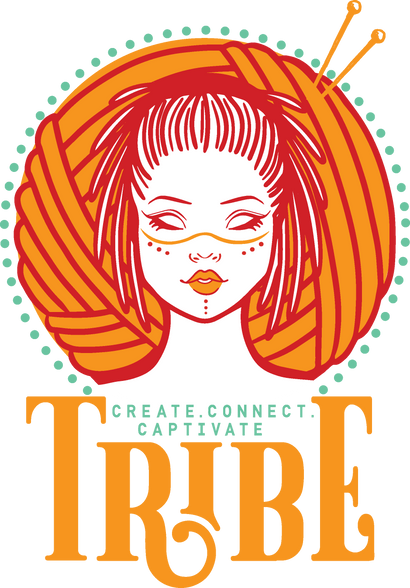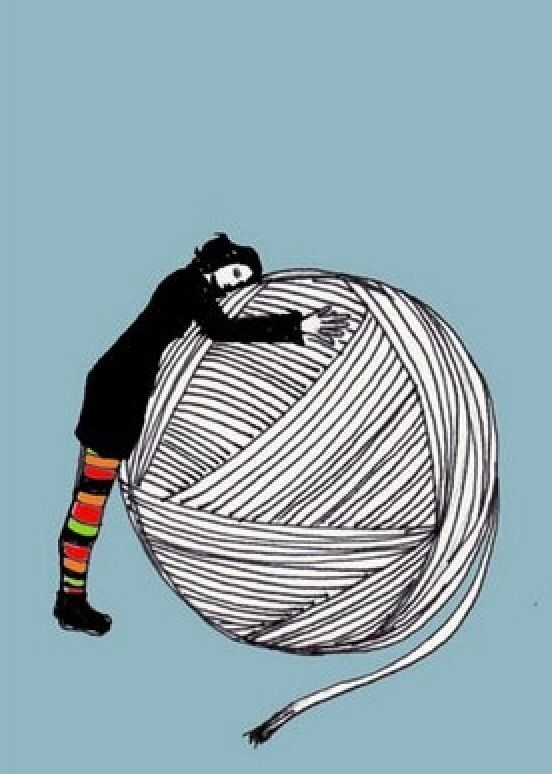GLOBAL SHIPPING OR COLLECT!
Menu
-
-
Yarn
-
Yarn by Brand
- Artyarns
- Biches & Bûches
- Blue Sky Fibres
- Camarose
- Clinton Hill Cashmere
- Chroma Nima
- Coop Knits
- Circus Tonic
- de rerum natura
- Di Gilpin
- dLana
- einrúm
- Galler Yarns
- Garthenor
- Gepard
- Ginger Twist
- Habu Textiles
- Holst Garn
- Hot Butter Yarns
- Illimani
- Isager
- Jillybean Yarns
- Juniper Moon
- KAOS Yarn
- Kelbourne Woolens
- Knit Collage
- Kokon Bleu
- Krea Deluxe
- Kremke Soul Wool
- Lichen & Lace
- Lithuanian Linen
- Manos del Uruguay
- Mrs Moon
- mYak
- Natissea
- Noro
- Paca La Alpaca
- Pascuali
- Pickles
- Qing Fibre
- RiverKnits
- Schoppel-Wolle
- Schwedenrot Yarns
- The Fibre Co
- The Raw Wool Company
- The Urban Purl
- Trava & Wool
- Tribe Yarn
- Uist Wool
- Undyed
- Urth Yarns
- Vinnis Colours
- Walcot Yarns
- West Yorkshire Spinners
- Wild Earth Yarns
- Wooldreamers
- Yarn by Gauge
- Yarn by Fibre
- Yarn by Price
- Special Collections
-
Notions, etc
-
Notions by Brand
- America & Beyond
- Anna & Juan
- Ashford Wheels & Looms
- Atenti
- Beadbags
- Blue Sky Fibers
- ChiaoGoo
- Cocoknits
- Debbie Abrahams Beads
- Geo-metry
- Hartiful
- It's A Stitch Up
- JUL Designs
- Kelmscott Designs
- KnitPro
- Lantern Moon
- Little Beau Sheep
- LYKKE
- Lyn Roberts
- Merchant & Mills
- Pom Maker
- Re:Designed
- Second Cashmere
- Soak
- Socko
- Studio Emma
- TextileGarden
- TJFrog
- TOFT
- Tulip
- Notions by Type
- Special Collections
-

-
Patterns
-
Pattern by Brand
- amirisu
- Anna Maltz
- Artyarns
- Biches & Bûches
- Blue Sky Fibers
- Clinton Hill Cashmere
- Cocoknits
- Collingwood-Norris
- Coop Knits
- Di Gilpin
- einrúm
- Erika Knight
- Isager
- KAOS Yarn
- Kate Davies Designs
- Kelbourne Woolens
- Laine Magazine
- Making Magazine
- Manos del Uruguay
- Marie Wallin
- Moorit Magazine
- Mrs Moon
- Nancy Marchant
- Never Not Knitting
- Noro
- Pascuali
- Pom Pom Press
- Quince & Co.
- Renée Callahan
- Shetland Wool Adventures
- Swans Island
- SweetGeorgia
- The Fibre Co
- TOFT
- Trava & Wool
- Walcot Yarns
- Westknits
- West Yorkshire Spinners
- Yarn Journal
- Yarntelier
- Pattern by Category
- Pattern by Gauge
- Pattern by Media
-

OHHHHH.... yarn. Sigh.
- Kits!
-
- Find Us
- About Us
- Reviews
- BEST SELLERS
- Yarn Picker Tool
- +44 (0)1333 406789
- Login
-
GBP

0
Your Cart is Empty















 Located in the rolling green foothills of South Island, New Zealand, Taranui is a small family-owned and operated sheep farm owned by several generations of the Gardner family. ”Our family history makes this farm a lot more special. It is not just about lamb and wool, it’s home,” claims chief shepherd, Harriet Gardner.
Located in the rolling green foothills of South Island, New Zealand, Taranui is a small family-owned and operated sheep farm owned by several generations of the Gardner family. ”Our family history makes this farm a lot more special. It is not just about lamb and wool, it’s home,” claims chief shepherd, Harriet Gardner.